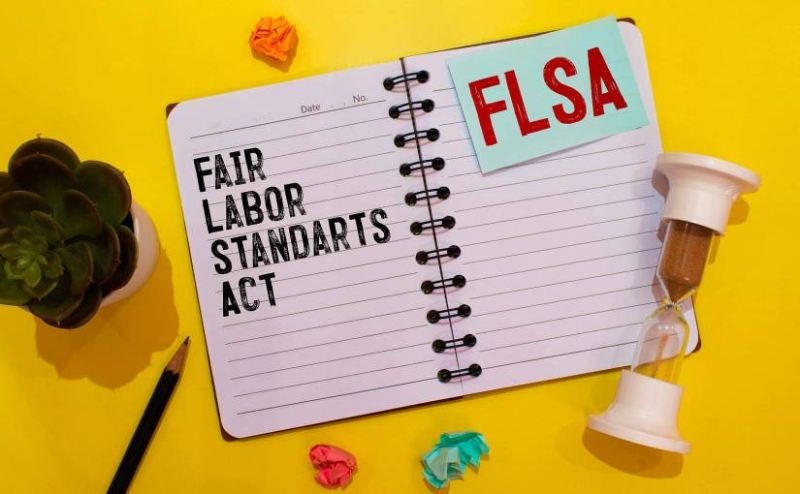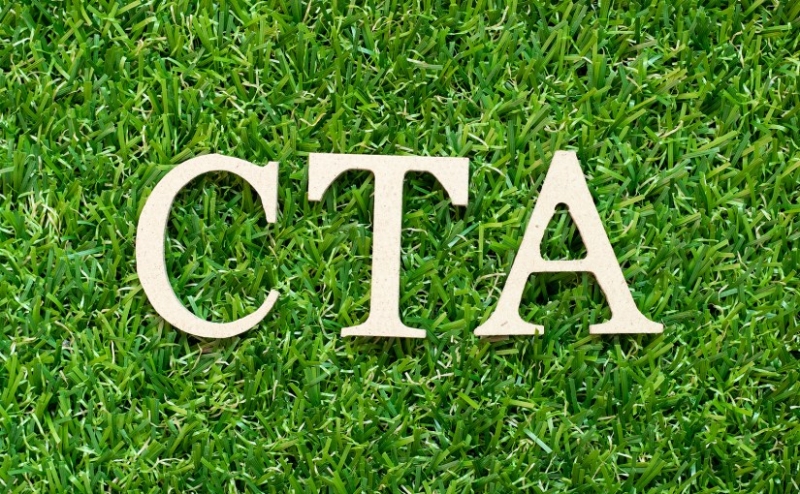
The United States Attorney’s Office for the District of Massachusetts recently unsealed what it described as the “first-ever criminal charges against financial services firms for market manipulation and ‘wash trading’ in the cryptocurrency industry.” The SEC also filed parallel civil charges alleging violations of Securities for the same alleged schemes.
The government has charged eighteen individuals and companies, including four cryptocurrency market makers, with engaging in illegal market manipulation through “wash trading” digital assets. According to the DOJ and SEC filings, although these individuals purported to offer “market making services,” they were actually engaged in offering “market-manipulations-as-a-service” by engaging in artificial trading of digital assets to give the false appearance that there was an active (and heavily traded) market for those tokens.
How this case came to the DOJ’s attention is as novel as the legal theory behind the charging documents. According to DOJ spokespeople, the investigation started with a tip from the SEC about one of the companies at issue. Further investigations into that company—along with the help of cooperating witnesses—led authorities to set up a sham crypto firm, NextFundAI, and create a token associated with the firm. Posing as NextFundAI, the government communicated with the defendants—market makers who allegedly offered to trade and manipulate the price of NextFundAI’s token by wash trading, or trading the token back-and-forth between crypto wallets they controlled.
While there may be rules against wash trading in traditional securities markets (see, e.g., 26 U.S. Code § 1091), the rules are as clear in the digital asset space. Indeed, the regulatory vacuum facing the digital asset industry makes it difficult for those in the industry to avoid eventual regulatory action, and what many have referred to as “regulation by enforcement.” This is particularly true where the technological realities of digital assets do not fit squarely within the existing legal framework. There may be disagreement about the purpose or intent behind a cryptocurrency transaction where one individual is transferring cryptocurrency between wallets that person or entity controls. But there may not be a misrepresentation or fraudulent act inherent in this type of transaction. Indeed, the transaction itself (including the wallet address of the sender and recipient) is likely immediately and accurately recorded on the public blockchain. So, according to the government, the “fraud” is the intent behind the trades – to manipulate the market by artificially generating trade volume to signal interest and activity in the token.
The government’s allegations are also interesting because in addition to the wire fraud charges (18 U.S.C. § 1343), which generally do not require proof that the digital asset at issue is a security, the government has charged the defendants with conspiracy to commit market manipulation (18 U.S.C. § 371), which requires the government to prove that the token at issue is a security. This charge is significant because it will require the DOJ to prove at trial that the tokens at issue are securities.
Although several individuals involved have already pleaded guilty, there are several defendants who appear to be testing the government’s novel theory in court. We anticipate that this will be the first of many similar investigations and enforcement actions in the digital asset space.
©1994-2024 Mintz, Levin, Cohn, Ferris, Glovsky and Popeo, P.C. All Rights Reserved. by: Eoin P. Beirne , Cory S. Flashner, Edmund P. Daley of Mintz For more on Digital Assets, visit the NLR Securities SEC section.


